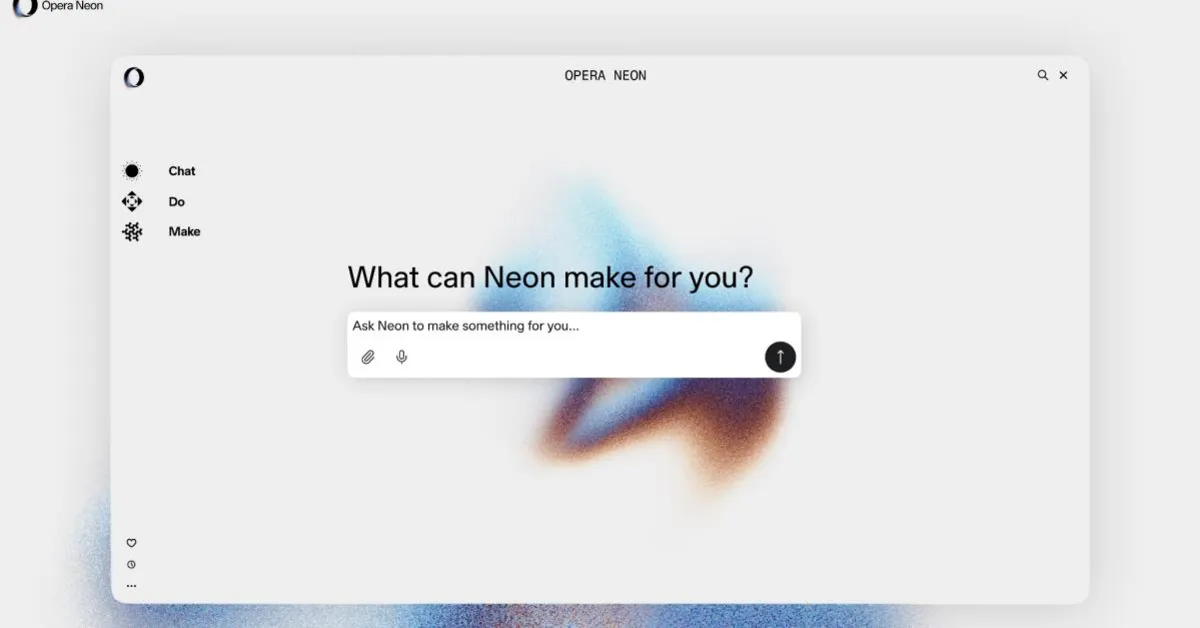
The latest web browser to join the Opera family is Opera Neon, an innovative platform that leverages AI technology to enhance your online experience. Dubbed an “agentic browser,” Opera Neon aims to perform tasks on behalf of users, showcasing contextual awareness that promises to revolutionize how we navigate the internet. This new browser comes after the original Neon, which was introduced in 2017 but failed to achieve traction. With this second attempt, Opera is hopeful for greater success.
According to Opera's senior AI product director, Henrik Lexow, the advent of AI has reached a point where it can fundamentally change our interaction with the internet. Lexow stated in a press release, “Opera Neon brings this to our users’ fingertips.” The browser is designed to automate various tasks, making it easier for users to focus on what truly matters while online.
One of the standout features of Opera Neon is its advanced AI engine, which is capable of understanding and interpreting user requests. This capability allows it to generate content using cloud-based AI agents. For instance, users can expect Opera Neon to create games, reports, code snippets, and even websites. Notably, the browser can also manage multiple tasks while offline, meaning that productivity doesn't have to be compromised when users step away.
Currently, Opera has not revealed a specific launch date for Neon or its pricing structure, aside from mentioning that it will be a premium subscription product. As such, details about the full range of capabilities are still limited. However, the anticipation around Opera Neon is palpable, especially considering its potential to integrate AI tools similar to those found in Microsoft’s Copilot and OpenAI’s Operator.
Opera Neon also features a user-friendly chatbot interface that allows users to search the web, answer queries, and access contextual information from the active webpage. This innovative feature aims to streamline the browsing experience, making it easier to find relevant information quickly. Additionally, the browser includes an AI Agent, previously known as “Browser Operator,” which automates routine online tasks such as shopping, filling out forms, and booking travel accommodations. Notably, this tool operates locally on the browser, ensuring that user privacy and security are maintained.
As the fifth browser in Opera’s lineup, following the launch of the mindfulness-focused Air browser earlier this year, details about Neon’s capabilities remain sparse. The company has not provided a firm date for the beta rollout, leaving potential users eagerly awaiting more information. If you’re interested in being among the first to experience Opera Neon, you can sign up for the waitlist on their official website.
In conclusion, Opera Neon represents a significant leap forward in browser technology, harnessing the power of AI to enhance user experience and productivity. As we await further developments, it is clear that the future of web browsing is evolving, and Opera is at the forefront of this transformation.